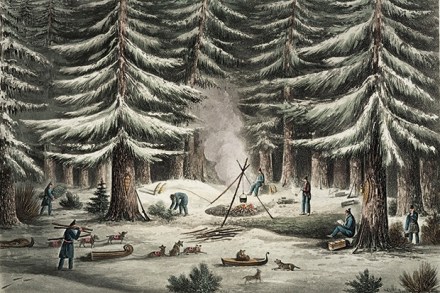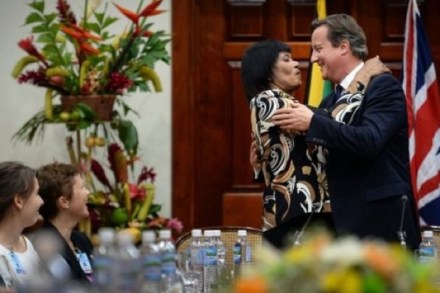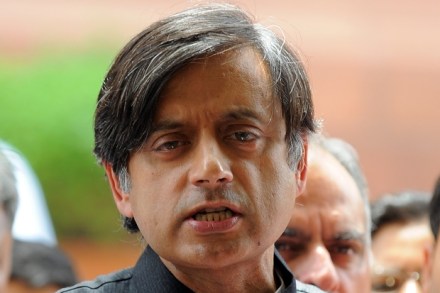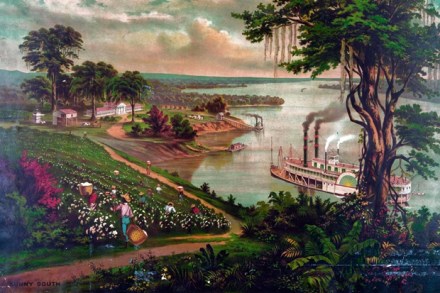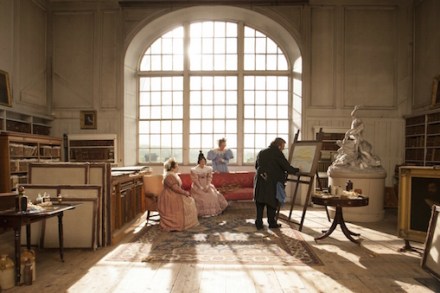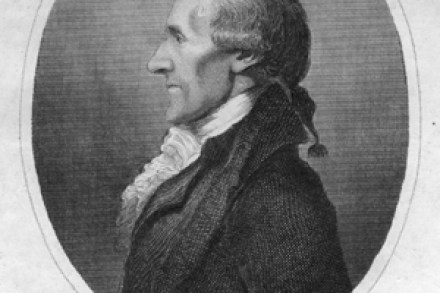Wise women in wikuoms
In spurts and bursts and flashes, a sublime novelist at work reveals herself. In Annie Proulx’s new novel, there are breath-taking pages and set pieces of extraordinary power. A man on board a ship, as the temperature plummets, sees all those around him embedded in ice before the catastrophe falls on him; a logging run down a river blocks, builds and explodes with the force of missiles; a wall of fire sweeps across a forested wildness. There are individual chapters of great dramatic force, as Proulx’s people confront the possibilities before them and produce their own solutions. But are those flashes enough? Barkskins in the end seems to me a
